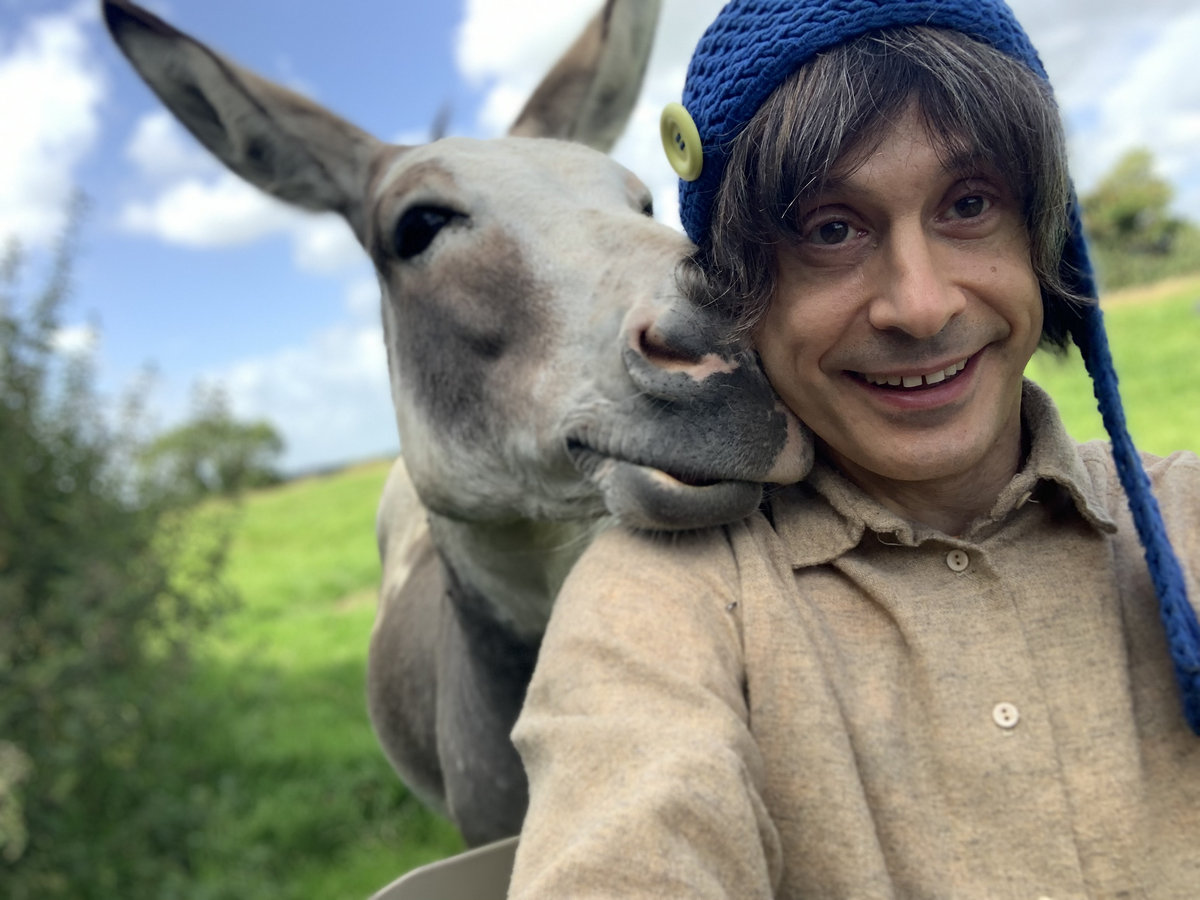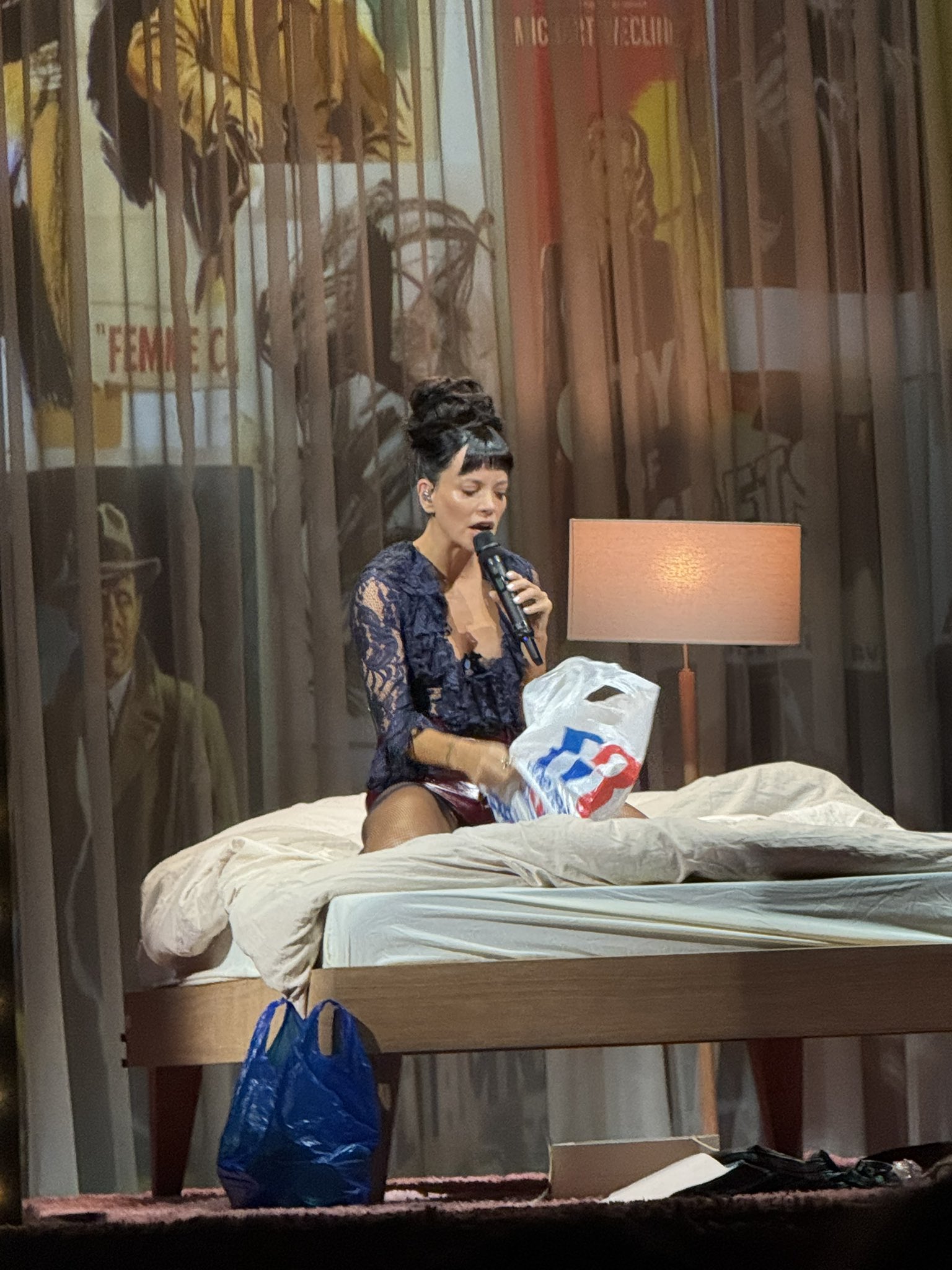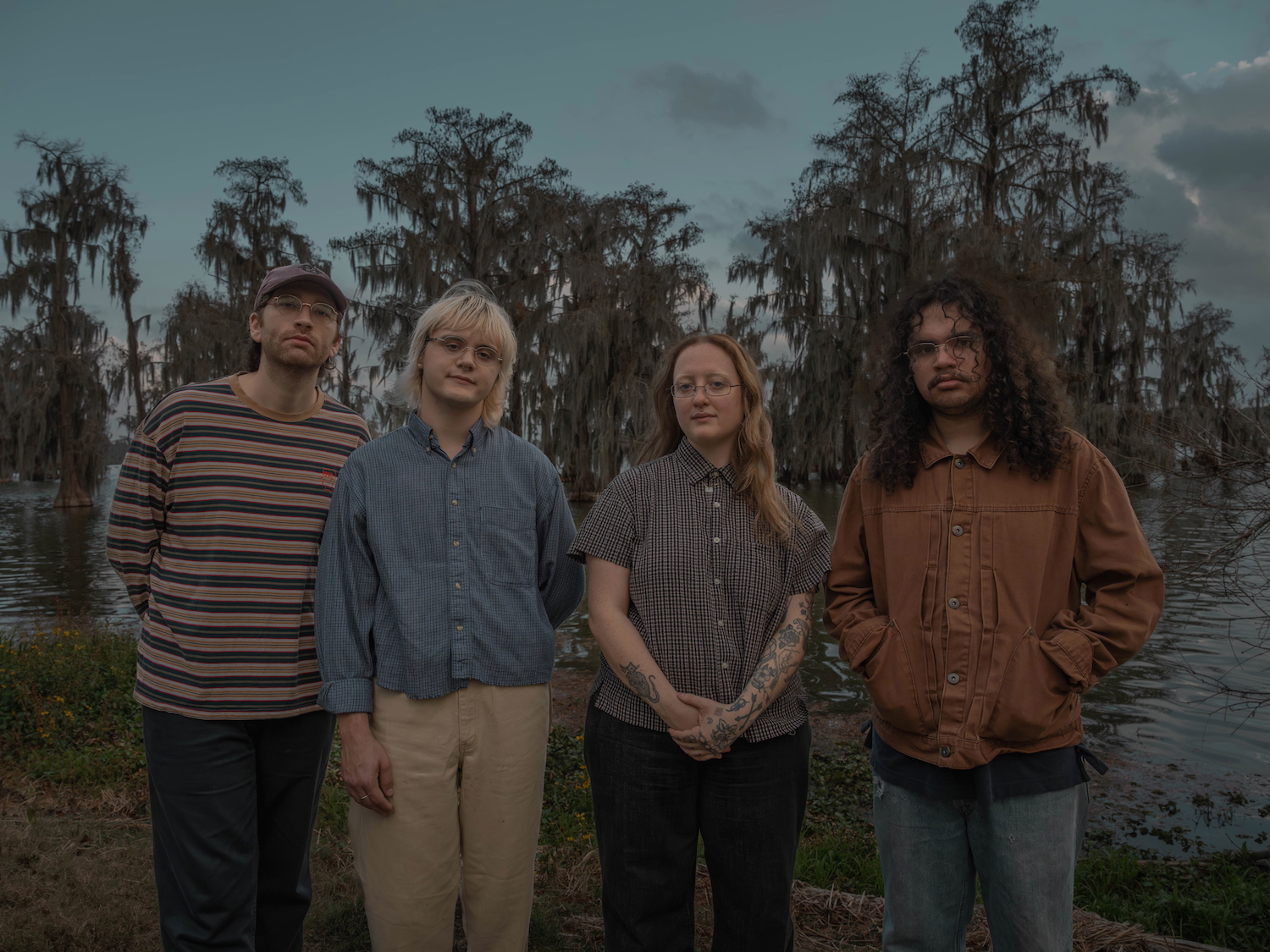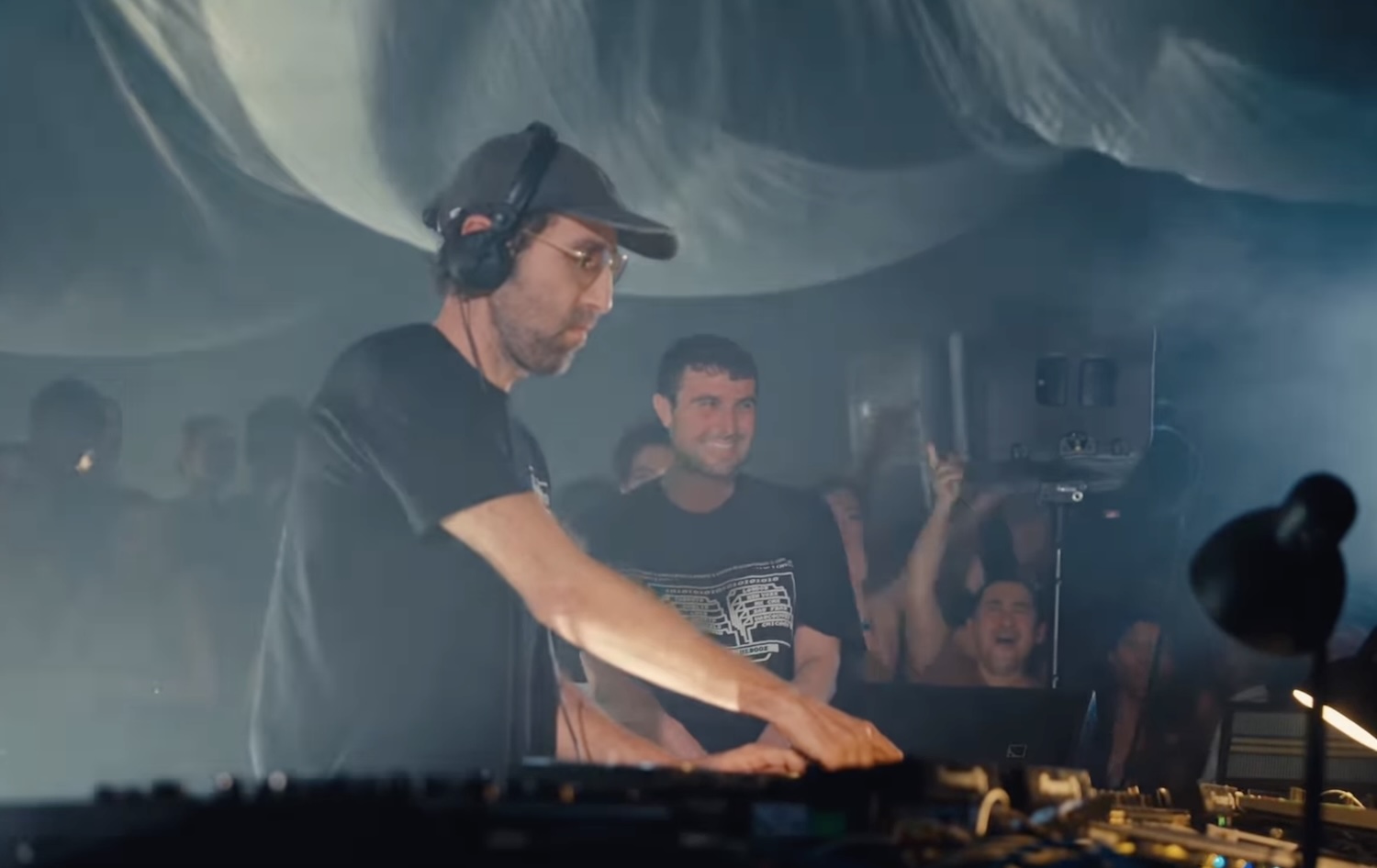Yesterday we learned than Don Henley of the Eagles is still really angry at both Frank Ocean and Will Sheff (aka Okkervil River) for what Henley sees as copyright violations of his music. In the case of Okkervil River, Henley prevented Sheff from releasing a cover of the song "The End Of The Innocence" for free on the internet. Sheff then released a long and in-depth response via Rolling Stone discussing his relationship with the song, his reaction to the situation, and the re-appropriative tradition that's been the backbone of all folk music. Check out an excerpt of his statements and listen to the cover that Don Henley found so "unimpressive" below.
I was first introduced to "The End Of The Innocence" via Casey Kasem's Top 40 Countdown, which my Dad would play in our station wagon as he drove me and my brother to church every Sunday. I was a kid who was just figuring out my own taste in music; for the first time, I was realizing that I didn't like every song on the radio anymore, that some spoke to me more than others. Shuffled in with sappy late-'80s cuts like "From A Distance" and "Cuts Both Ways," "The End Of The Innocence" stood out. Sonically it was just as soggy as those Bette Midler and Gloria Estefan ballads, but there was this deflated masculine middle-aged world-weariness to it that haunted me, although I wouldn't have thought of those exact words at the time. I was 12 or 13, but the song made me feel like I was 56. And the way the verse and chorus interacted with each other musically was gorgeous.
I had no idea I'd become a performer when I grew up, and the artists that influenced me to become one were nothing like Henley. I loved the angry rough edges of early Dylan, the meandering acid-laced folk of the Incredible String Band, the fearless, passionate performances of Nina Simone. All of these artists, on some level, drew from a folk tradition, and, as I got deeper into their work, they led me to old-time American folk and blues – to artists like Woody Guthrie, Robert Johnson, Dock Boggs, Skip James and the Carter Family. As I fell deeper and deeper in love with these artists I started noticing something that they all had in common – they all copied each other. Woody Guthrie took the melody from the Carters' "Little Darling Pal Of Mine" and he wrote "This Land Is Your Land." Robert Johnson took the already-existing blues tales about selling your soul to the devil and they ended up incorporated into his whole image. Bob Dylan took the Scottish ballad "Come All Ye Bold Highway Men" and used it for "The Times They Are A–Changin'." Nina Simone transformed the ridiculous Morris Albert MOR ballad "Feelings" and improvised re-written lyrics, stretching the song over the 10-minute mark and creating something harrowing from it.






